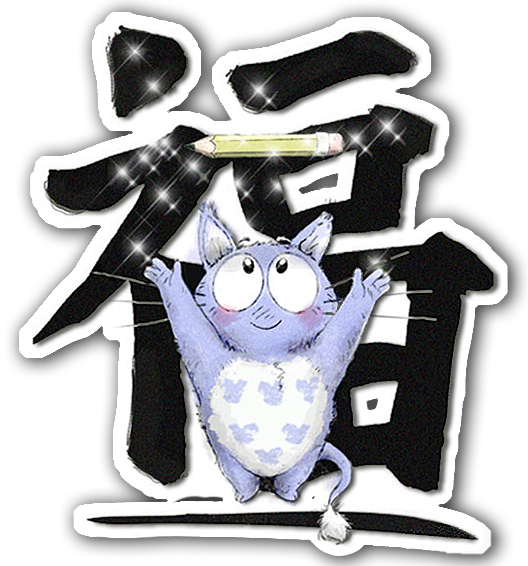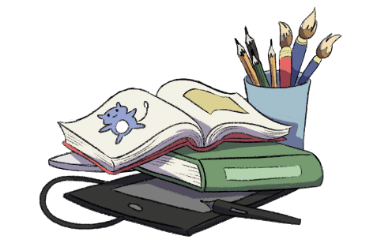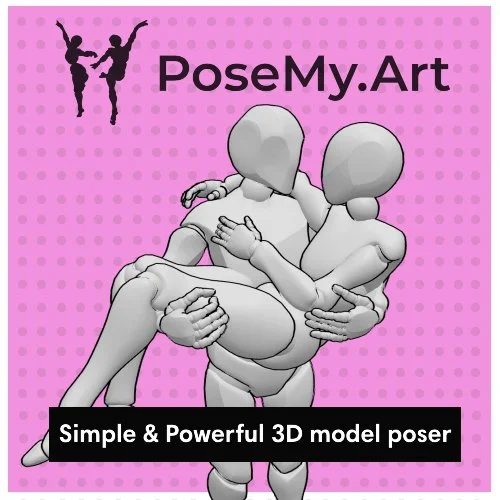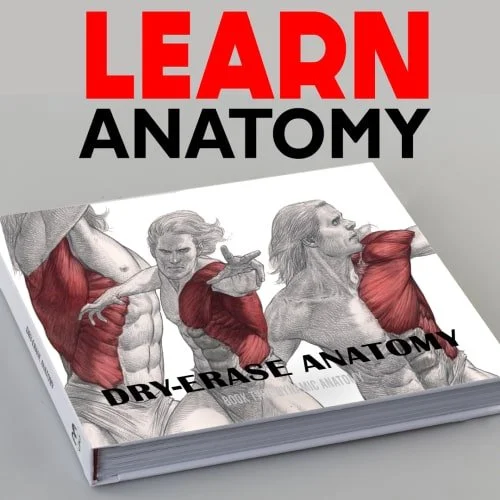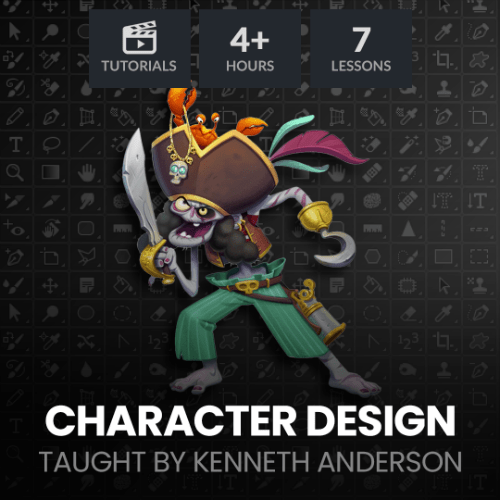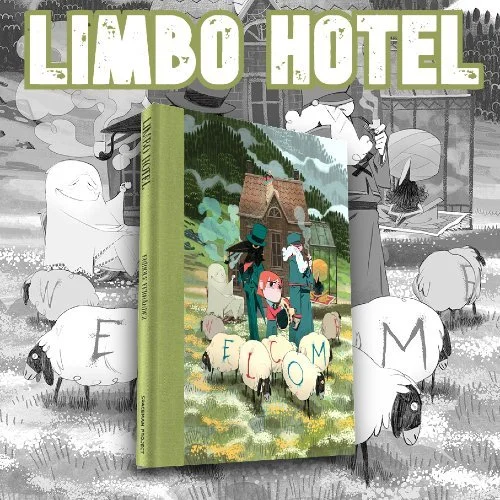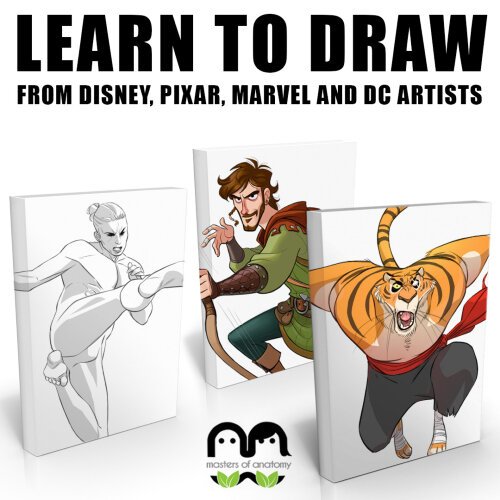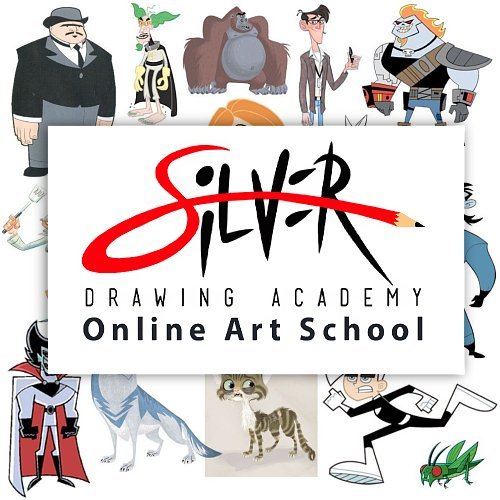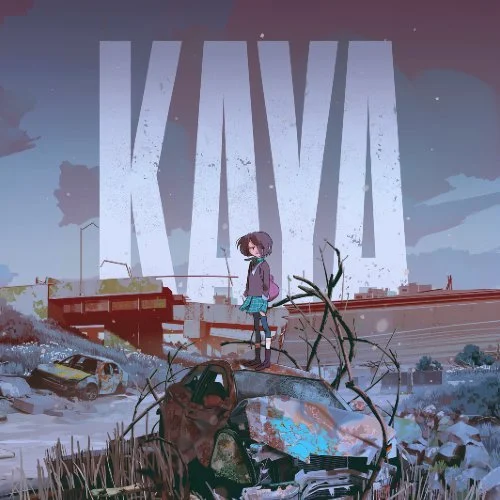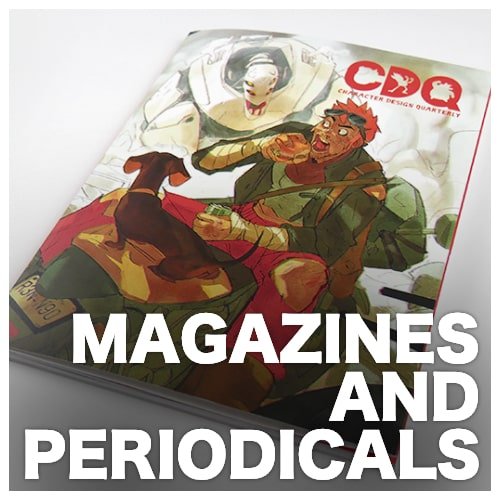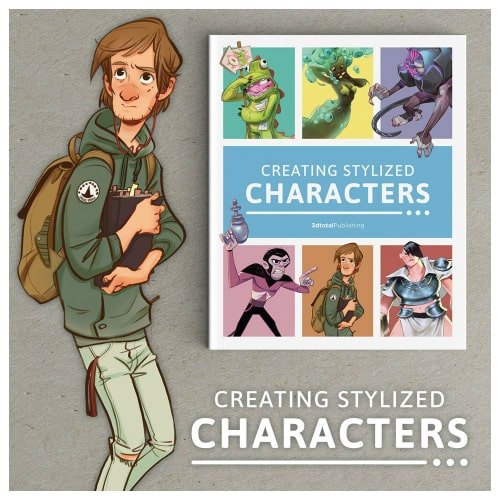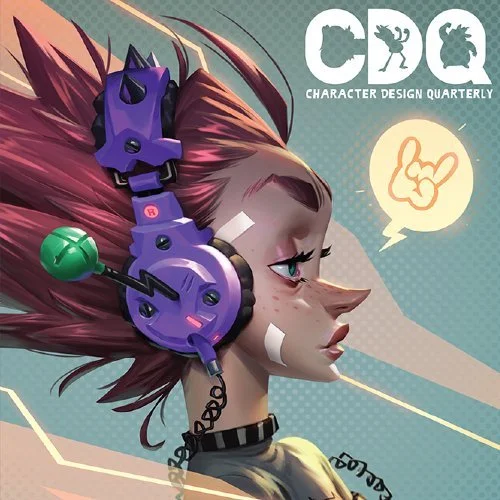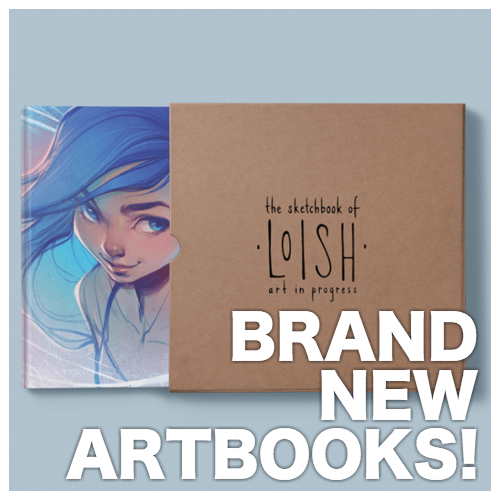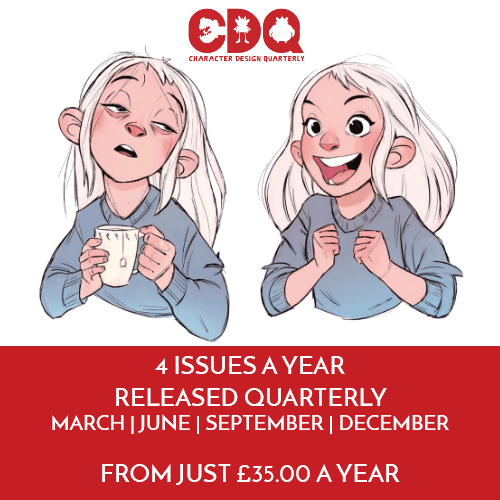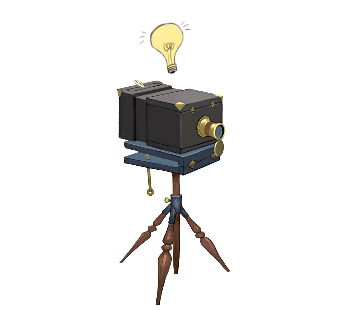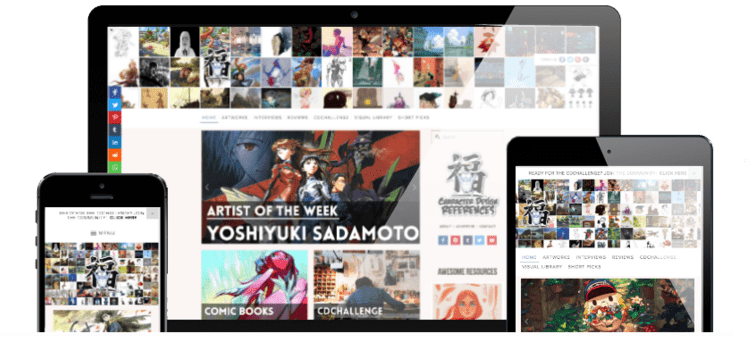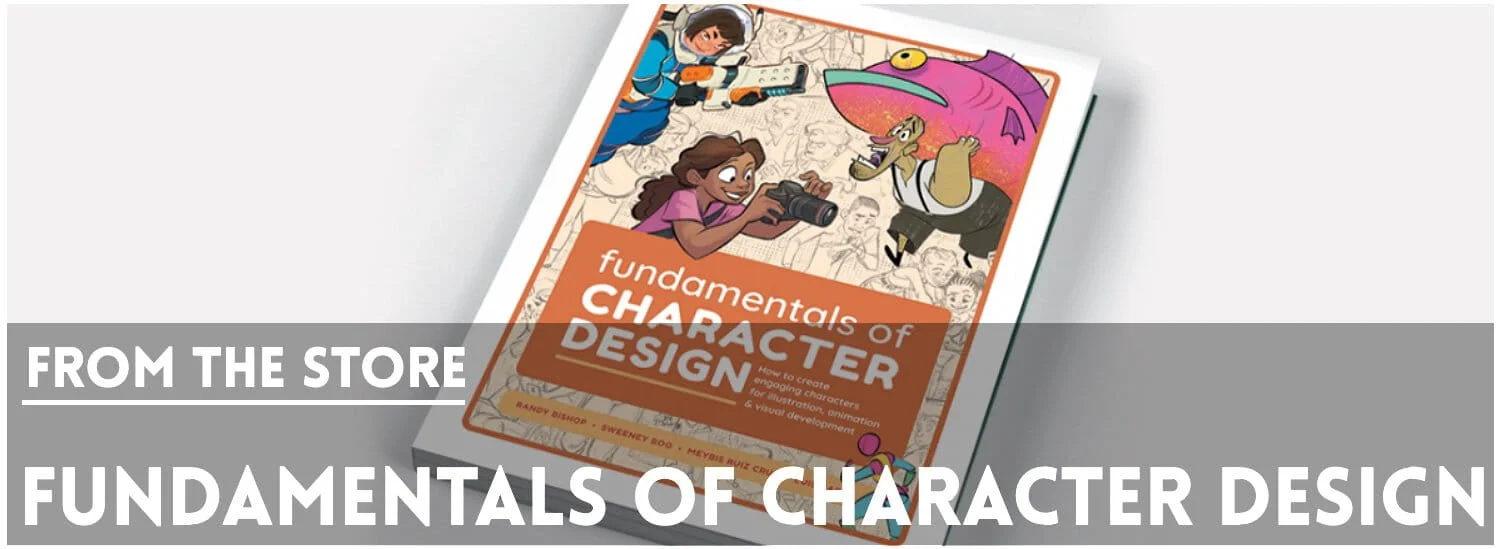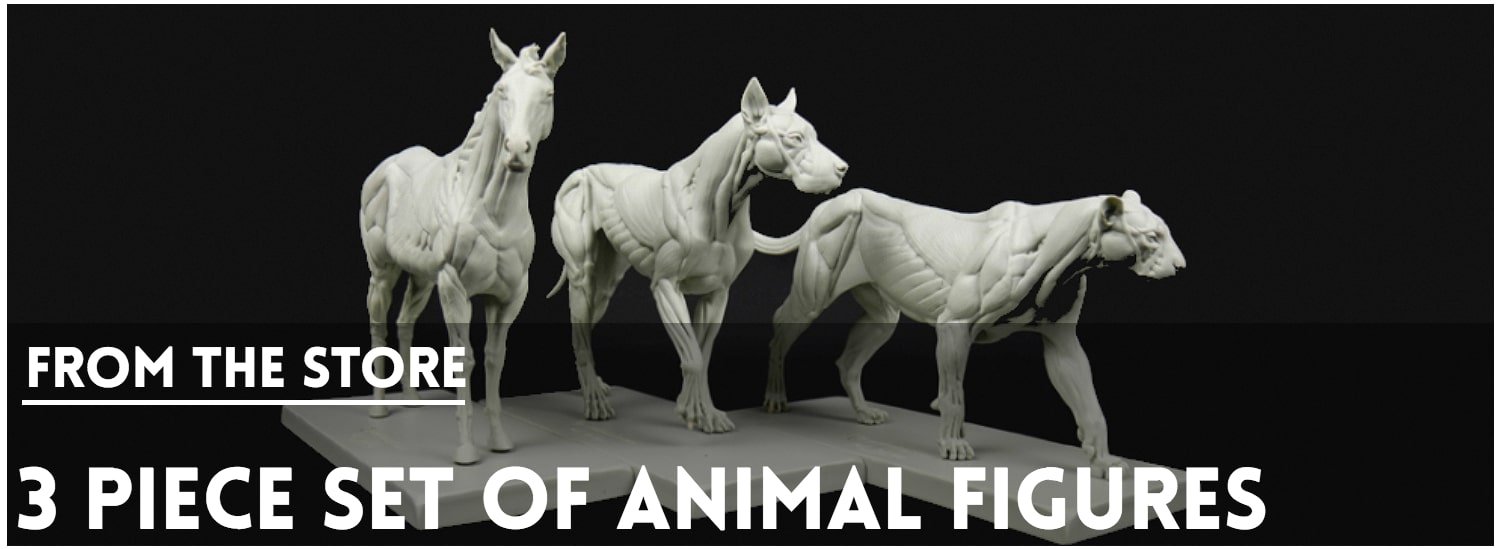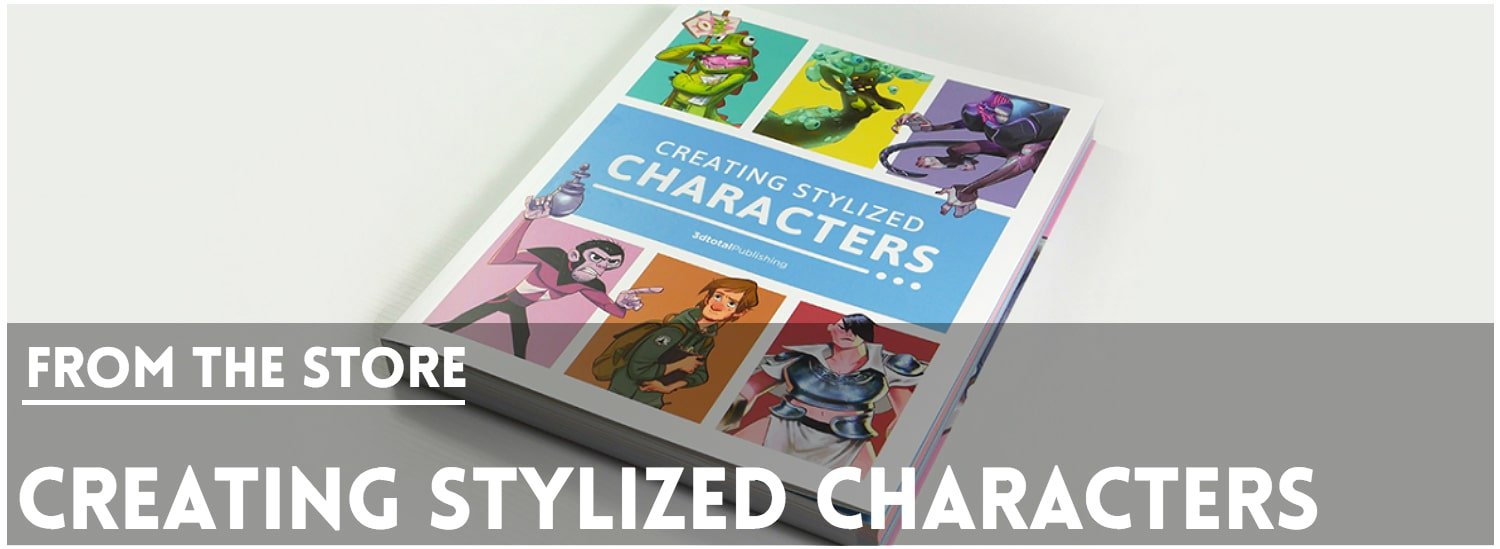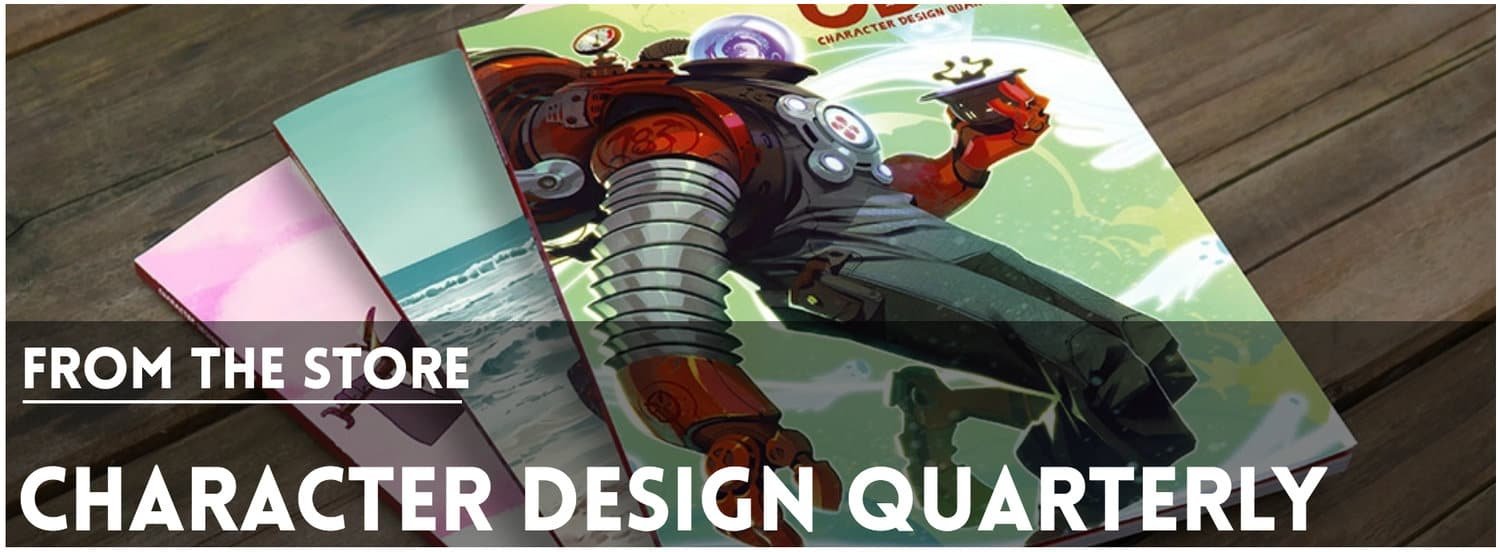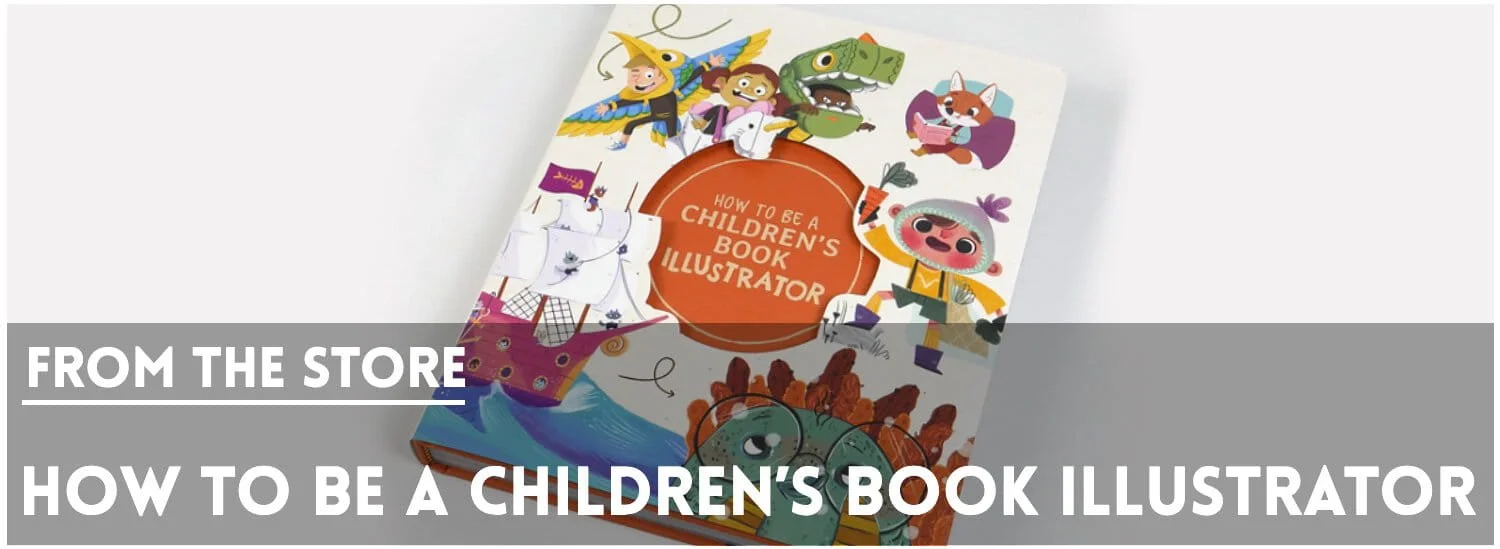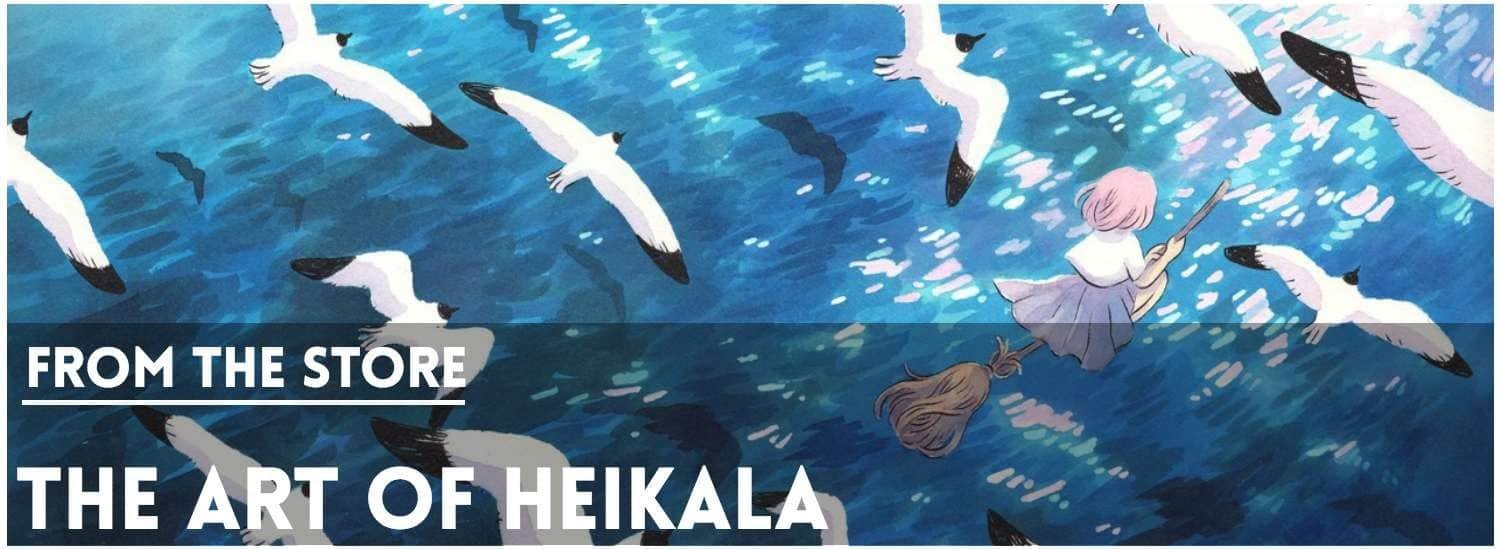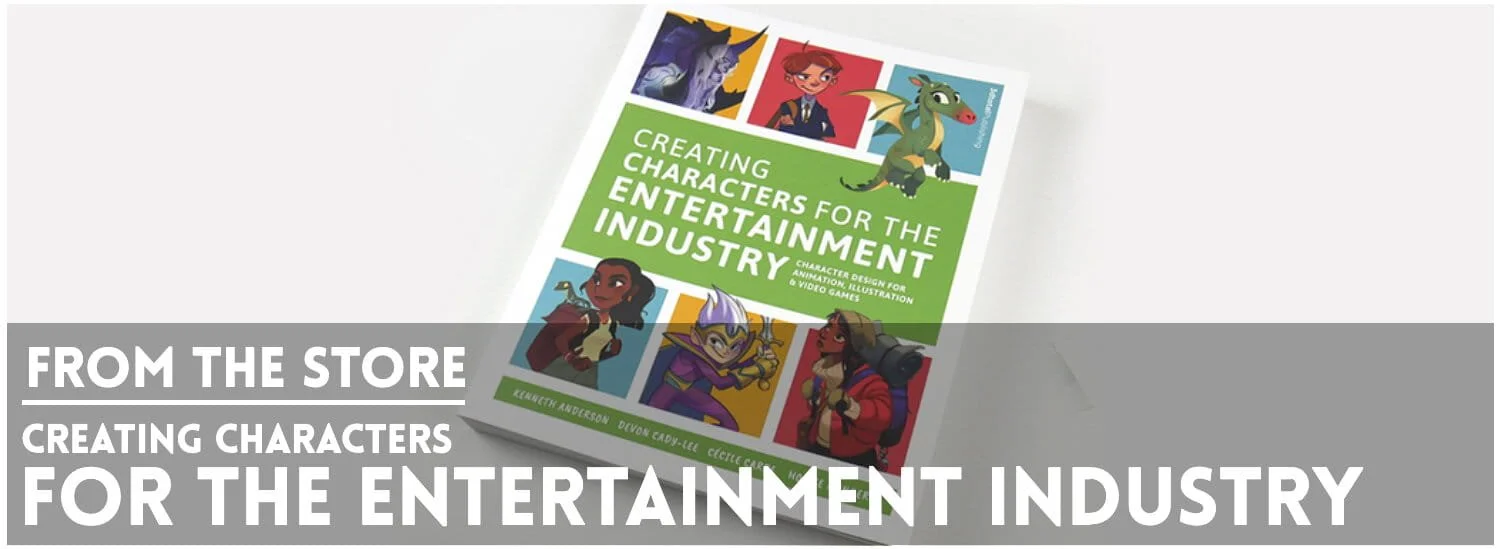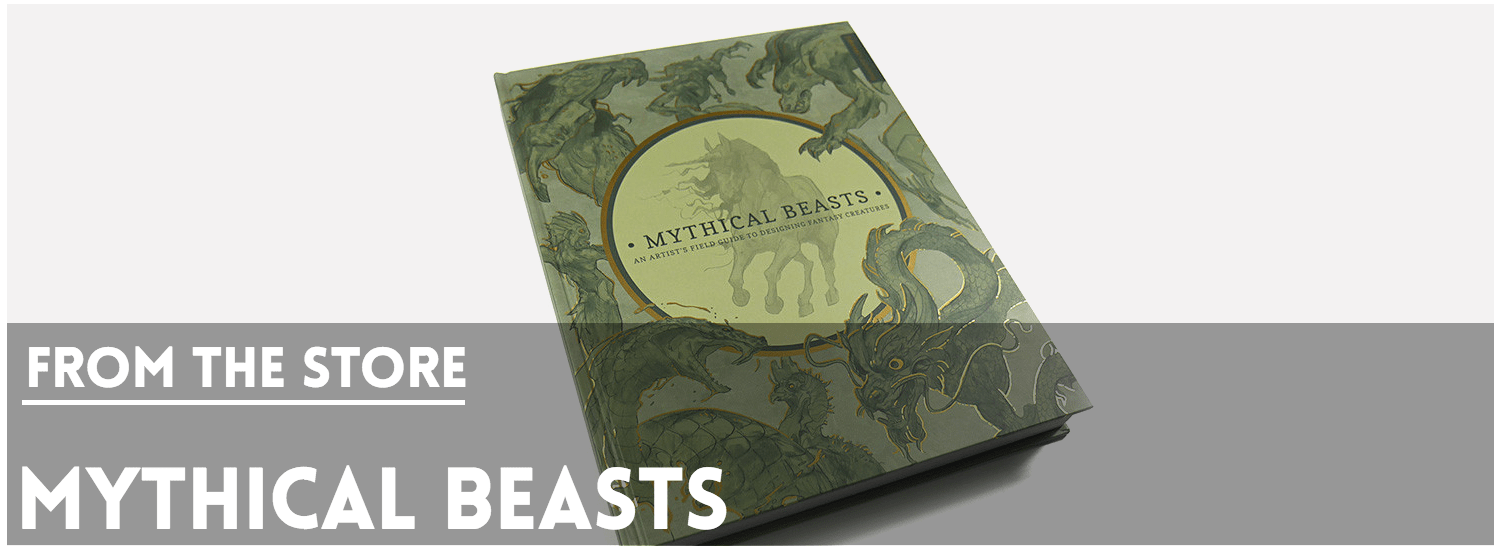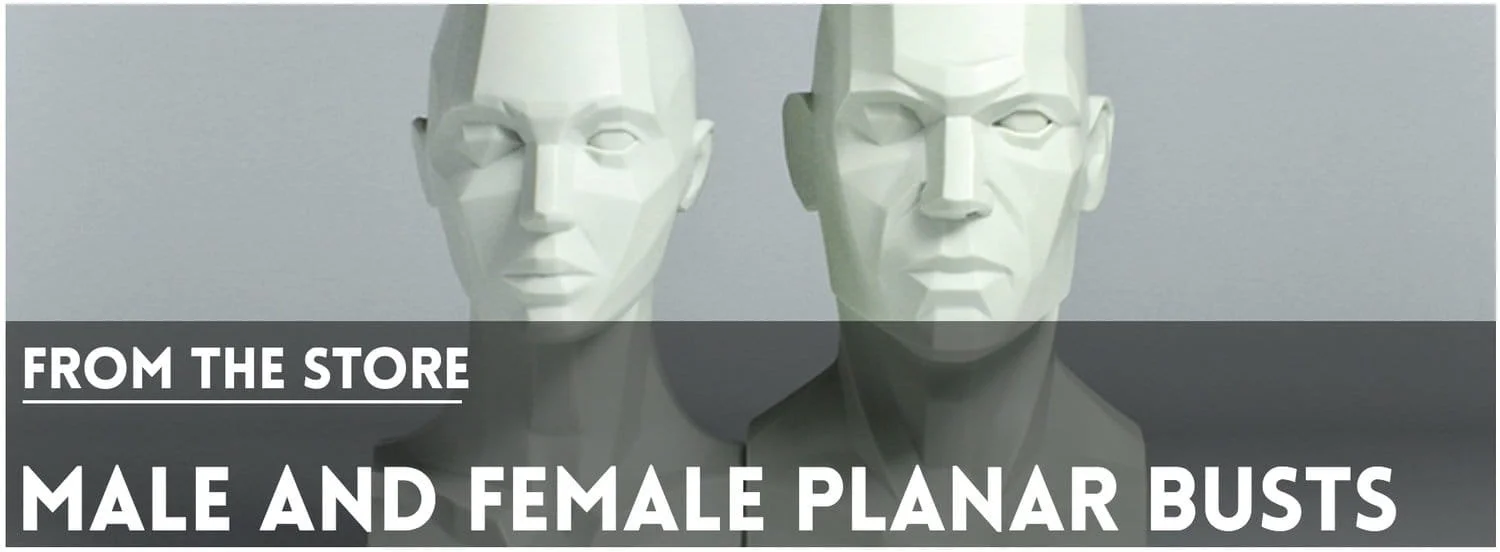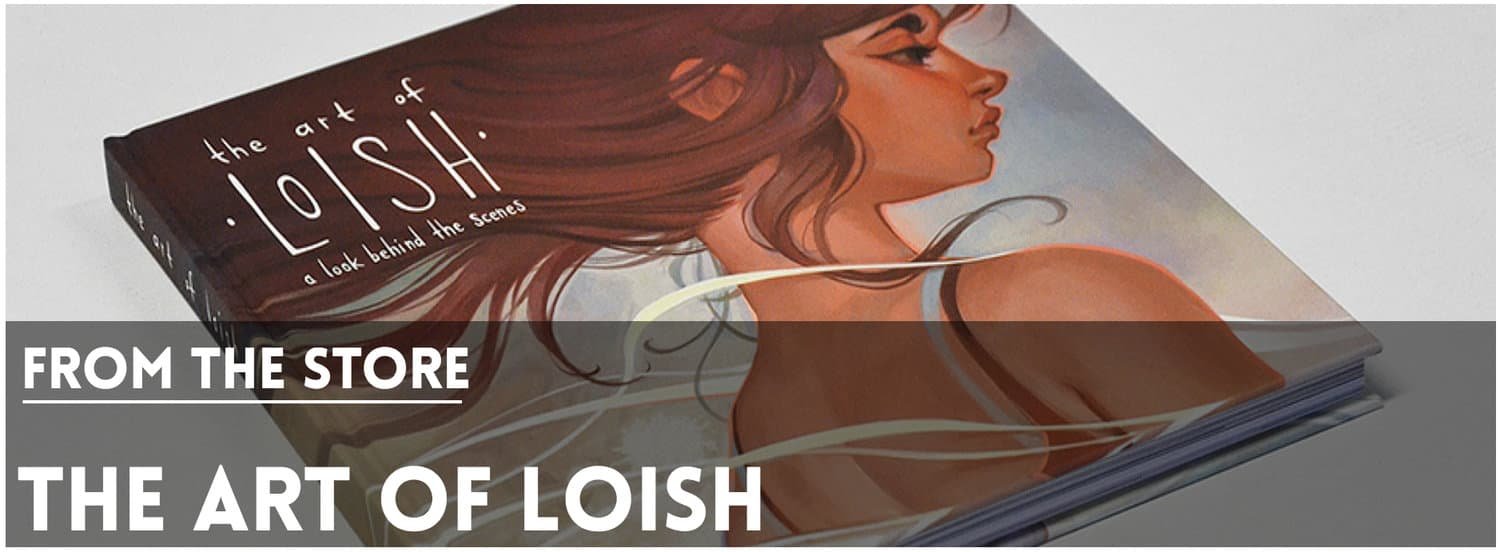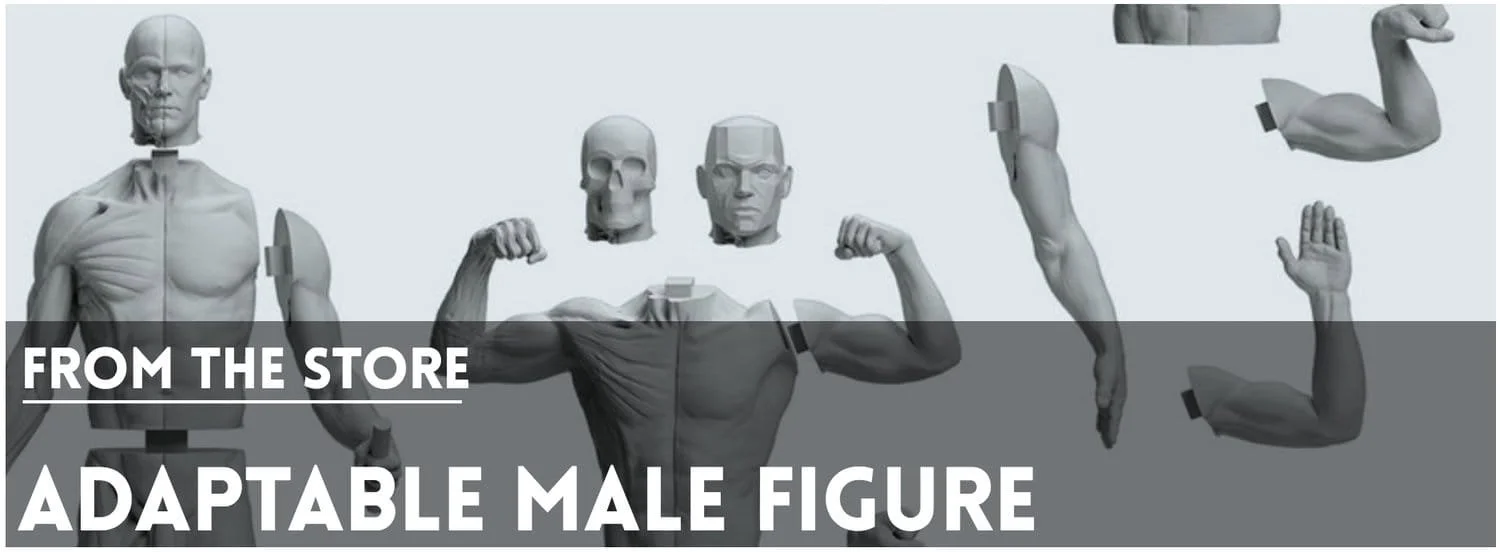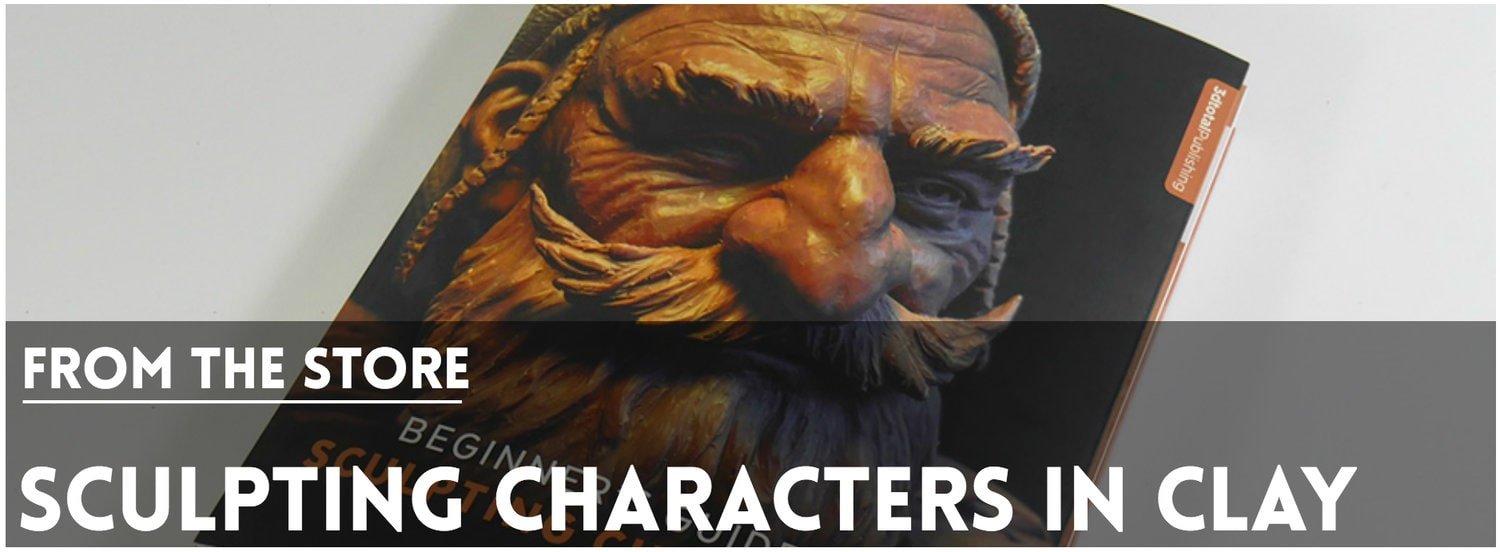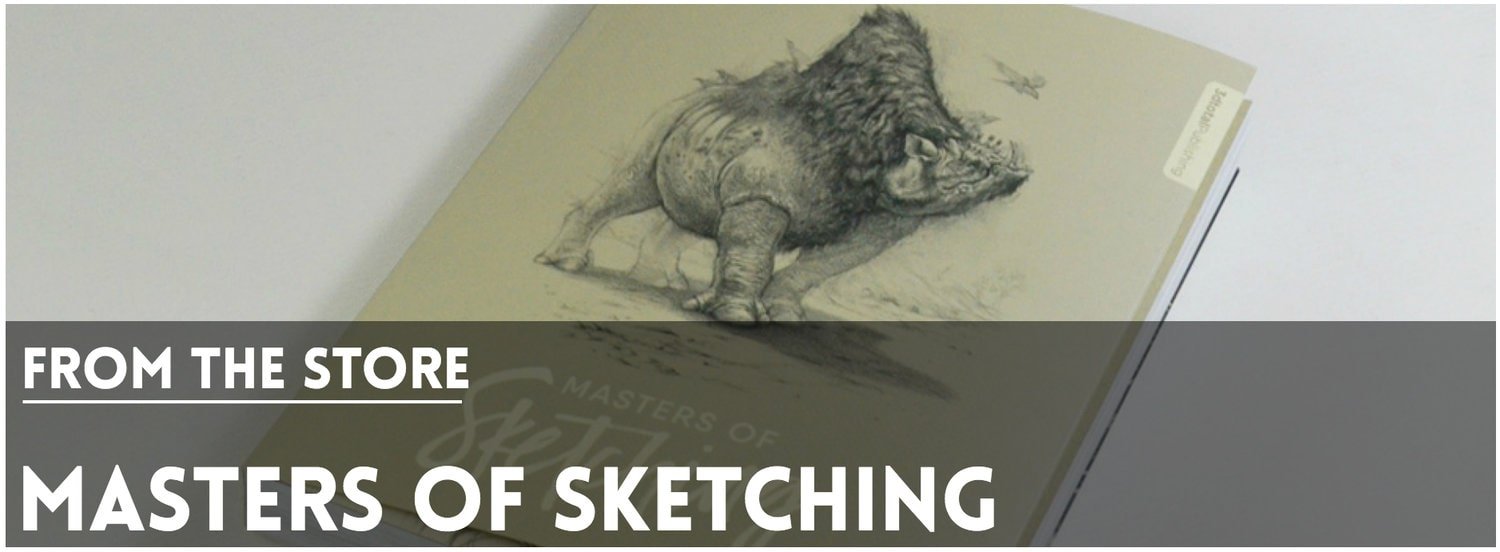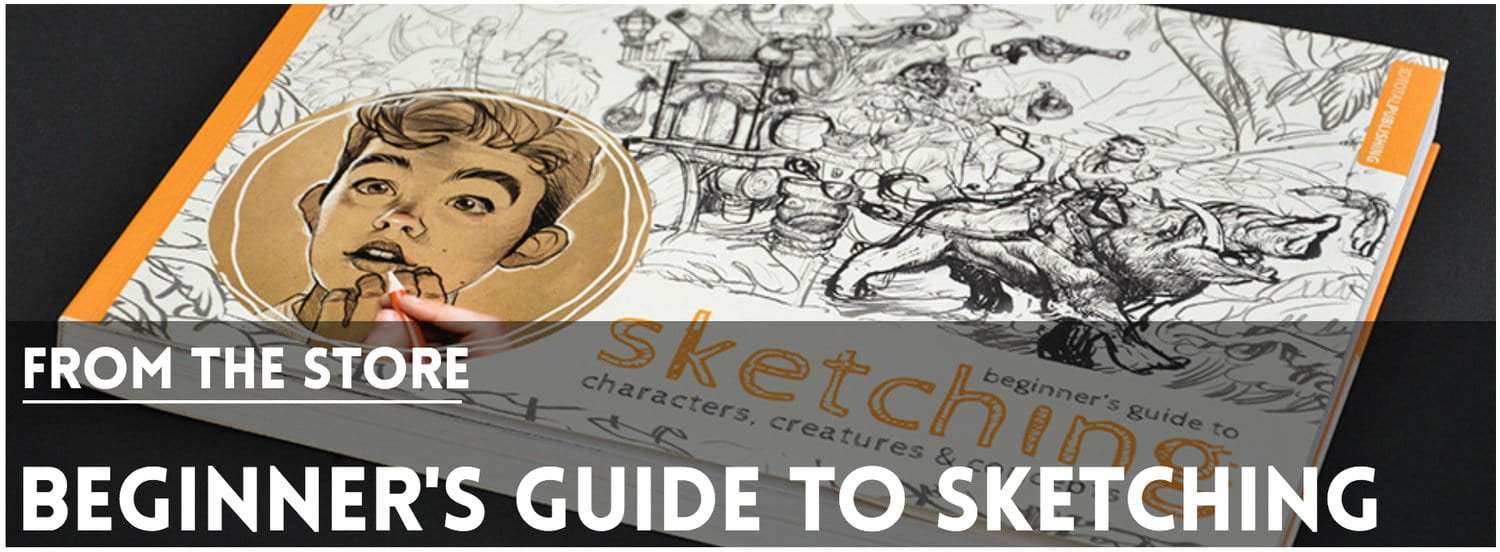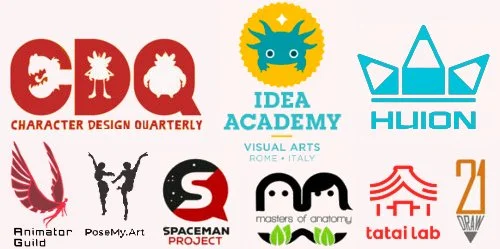Francesco Mazza
/Where did you grow up and when did you decide to become an artist?
I was born and raised in Catania, a sunny city located in the south of Italy between Mount Etna and the sea. I studied science subjects in senior school, mainly mathematics and physics. At 17, when I realised that all my exercise books had more drawings that mathematical formulas, I imagined that my future could be the one of an artist.
Did you go to an art school or are you self taught? How did you develop your skills?
I was self-taught until the age of 18. My artistic experience comes mainly from the street, at 14 I started to become interested in graffiti. I spent days and nights with my crew mates drawing on paper, and then reproducing the artwork on the walls. At that stage I came in contact with many emerging artists of my city and we went around together at night painting everything. After so much maths and graffiti I realised that my passion could have become a real job. At 18, with the help of my family, I moved to Milan and started studying 3D animation at the European Institute of Design.
Have you always been supported in your artistic path or has it been challenging to let your family and friends understand your choice?
I consider myself very lucky, I have always had the support of my family and friends. In particular, since I was small, my sister conveyed to me her love for art, drawing and painting. We spent whole afternoons painting and playing with colours and I believe that my passion was born right at that time.
What was the strongest influence you had when you were growing up ( artists, movies, cartoons, comics etc.. ) ?
I have always loved all the artistic aspects behind video games. I still remember at the age of ten watching all the video game credits to know the names of the designers. My favourites were undeniably "Crash Bandicoot" and "Spyro the Dragon", Charles Zembillas has always been my hero since childhood. Also I have always read many books, I think they are a great way to stimulate your imagination.
Did you have a favourite subject to draw when you were a child and do you still have one today? If you do, what makes it so special?
I don't know why and I'm still trying to find out, but since childhood my favourite subject was forest trees and vegetation, as it still is. I have always been fascinated by the beauty of nature, its complexity and its colours and I love to symbolise it.
What is your process in colouring your art and what type of tools and media do you use?
The tools I use are a Cintiq and Photoshop both for drawing and for colouring at home and in the office. First, I usually make a very quick digital sketch to which I then add the finishing touches. Once the drawing is finished I go on to the colouring. I use the lasso and the masks a lot and then I colour the inside. Lately I've been trying not to neglect traditional tools and I try as much as possible to use pencil and paper before moving to the digital stages.
What part of the creation process is the most fun and easy and what part is the hardest?
The parts of the creative process that I enjoy the most are undoubtedly the composition, the colouring and the lighting effects, and through these phases I love testing various ways to make a particular scene more fascinating. The hardest part for me is the design process and line drawing.
What is a typical day for you, and who are the people you work/collaborate with?
Every morning I try to wake up early to dedicate a couple of hours of my day to my personal projects. After, I go to work at "Studio Bozzeto & Co." where I'm responsible for concept, matte painting and colour key for animated series and commercials. During my workday, I usually operate in close contact with the art director and the director and we often consult each other to complete the projects we're working on.
What are some of the things you have learned from other artists who you have worked with or whose work you have seen?
The most important things I have learned from other artist friends are:
always seek to be graphic.
never stop at the first idea that comes to mind, but continue to find solutions and different ways to solve the same problem.
details give quality to a project, but only if they are applied to a solid base.
before starting a project, you should resist the temptation of beginning to draw immediately. It is always helpful to take a few hours to find references and to study the subject you want to represent.
What is your longterm career goal and what would your dream project be?
My dream is to work as a visual development artist for the production of an animation feature film and as a concept artist for a AAA game. Also I would like to create my own series of illustrated books, and perhaps create a game inspired by them.
Working for a company or freelancing: what suits you best? And why?
Since I finished my studies about three years ago, I've mainly worked for animation studios and I think that I'll continue to do so for a few more years. I think working in a creative environment is ideal for me. I love to be with people, to share opinions and to collaborate in a creative team for completing a project. I have always had a good relationship with my colleagues, and with some of them we become very close friends.
What advise would you give to an artist who is dealing with an art-block? How do you boost your imagination and keep yourself creative?
I think in the case of artist's block it is critical to take a break, to temporarily take your mind off the ongoing project, leaving it open to receive new stimuli that may arrive from anywhere. Very often inspiration comes when you least expect it and even going for a walk to the park, reading a good book, watching a film or going out with friends can trigger your imagination!
If you had to recommend only one art book (a comic book, graphic novel, children book, ''how to'' book) to a fellow artist, what would it be and why?
A really difficult question. If I had to recommend a book to an artist friend I would recommend "Imaginative Realism" by James Gurney. I think that completely covers all the pre-production aspects and thoughts that an artist must follow before starting to create.
Who are the artists who inspire you the most today and what are some of your favourite designs out there?
I follow many awesome artists on the social media, but those who inspire me the most are Stephen Silver, Bobbi Chiu, Jake Parker, Nathan Fowkes, James Gurney and Goro Fujita. I love their designs and the way they are able to engage people through the social media.
Finally, Where can we see your art online and get in touch with you? How can we buy your creations and support your work?
You can find my work on my Facebook page ( facebook.com/frenzyfresh ) and on my personal website ( frenzyfresh.com ) . Currently in my spare time I'm working on a personal project called "The Blue Caravan". On my Facebook page you can find all the updates and you can contact me if you like :)
Thank you Francesco :)
